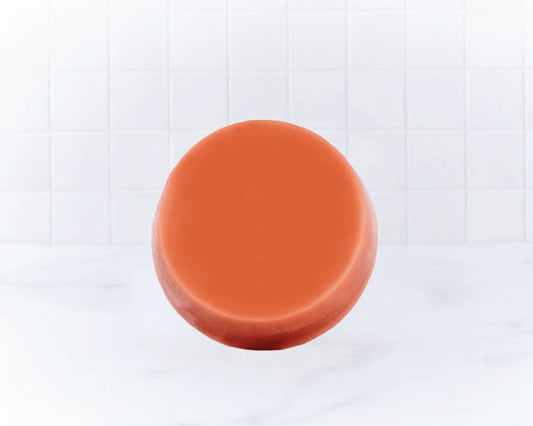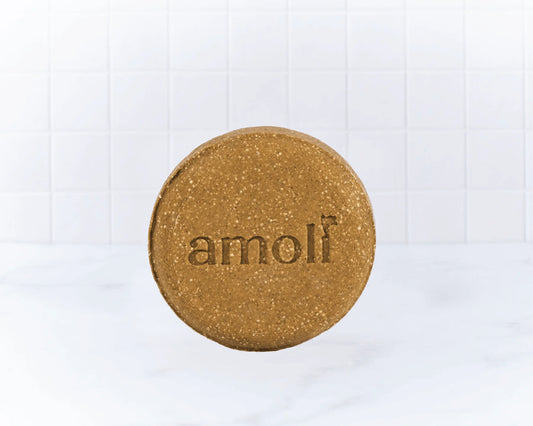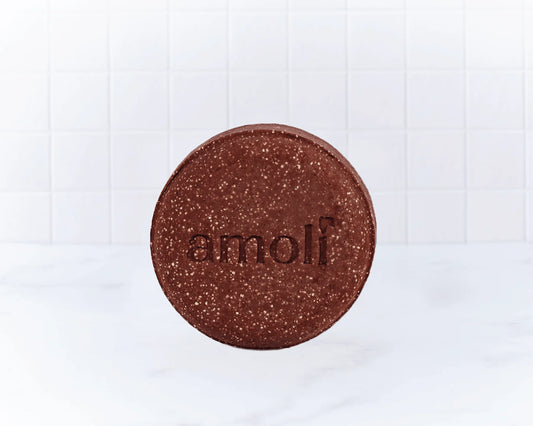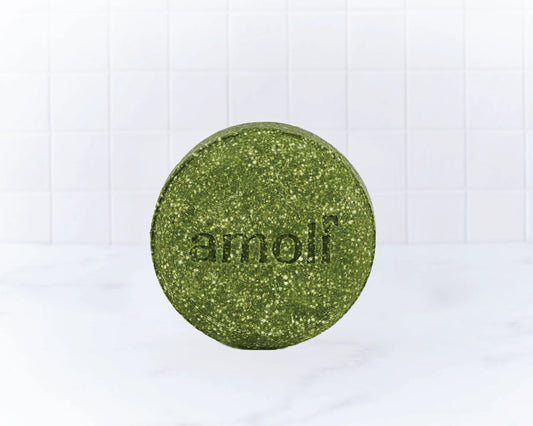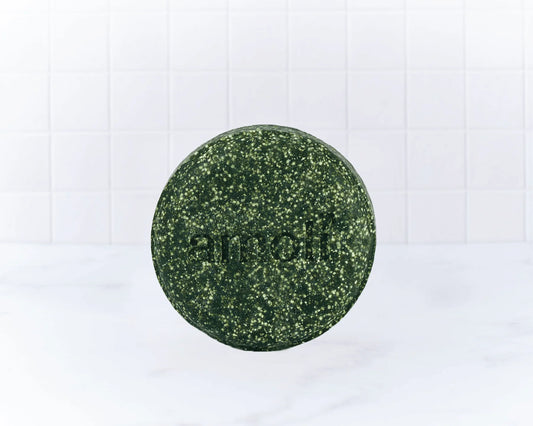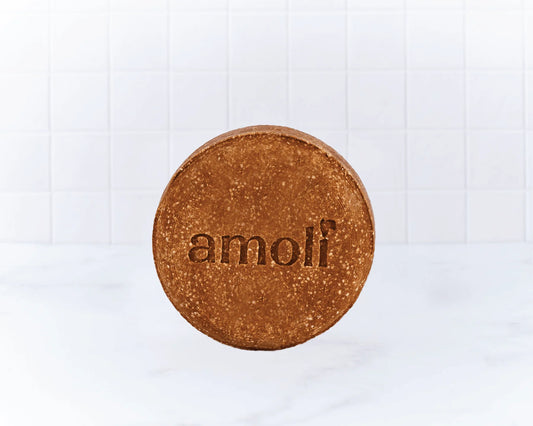The scalp is an essential part of our hair health and, just like the skin on our face, it can have different types and needs. Knowing your scalp type is key to providing the proper care and keeping your hair healthy and radiant. In this blog post, we'll explore what the scalp is, the different types that exist, and how to effectively care for them.
What is the Scalp?
The scalp is the skin that covers the top of the head and where hair grows. Like the rest of the body's skin, the scalp is made up of several layers and contains hair follicles, sebaceous glands, and sweat glands. The scalp plays a significant role in hair health, as it provides nutrients and oxygen to hair follicles and acts as a protective barrier.
Different Types of Scalp
There are four main types of scalp, each with its characteristics and care needs:
Normal Scalp: This scalp type is balanced and does not have problems with dryness or excessive oil. It is the easiest scalp type to care for and maintain.
Dry Scalp: A dry scalp tends to feel tight, can show itching, flaking, and dandruff. People with dry scalp should avoid products containing alcohol or sulfates, as they can aggravate dryness.
Oily Scalp: This scalp type produces more sebum than normal, which can make the hair look greasy and heavy. People with an oily scalp should avoid excessive use of hair products and opt for specific products to control sebum production.
Sensitive Scalp: A sensitive scalp can become reddened, inflamed, or easily irritated due to chemicals, fragrances, or environmental factors. It's important to use gentle, specific products for sensitive scalp and avoid common irritants.
Caring for Different Scalp Types
Normal Scalp: Caring for a normal scalp is relatively simple. Use a mild shampoo suitable for daily use, and don't forget to apply conditioner to maintain hair hydration.
Dry Scalp: To care for a dry scalp, choose a moisturizing, sulfate-free shampoo. Apply a conditioner containing nutritious ingredients, such as natural oils, and consider using intensive hair treatments to improve hydration.
Oily Scalp: To manage an oily scalp, use a specific shampoo for oily scalp that contains ingredients like salicylic acid or zinc pyrithione to help regulate sebum production. Wash your hair regularly but not excessively, as this can cause a rebound effect and increase oil production. Also, avoid applying heavy or oily products to the scalp.
Sensitive Scalp: To care for a sensitive scalp, use gentle, hypoallergenic, and fragrance-free products. Avoid shampoos containing sulfates, alcohol, or artificial dyes, as they can irritate the scalp. When trying new products, perform a patch test to ensure they do not cause irritation.
Identifying and understanding your scalp type is essential to provide the right care and maintain your hair's health. By choosing specific products for your scalp type and following a proper hair care routine, you can keep your scalp in optimal condition and enjoy radiant, full-of-life hair.


